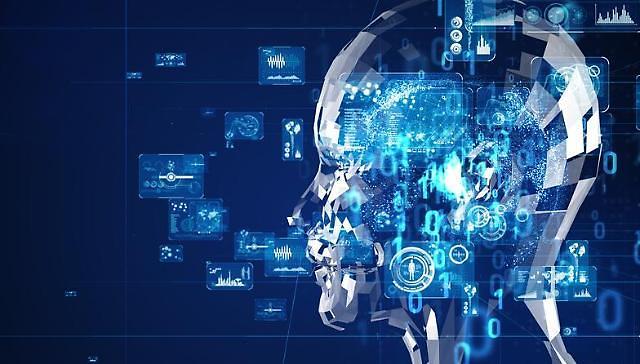
[Gettyimages Bank]
LAS VEGAS -- Artificial Intelligence (AI) is the talk of CES 2020, the world’s largest technology exhibition in Las Vegas. South Korean conglomerates such as Samsung and LG will showcase "AI Korea" side by side. Samsung Electronics will introduce NEON, an AI project developed by a research organization in the United States. LG Electronics launches joint research on AI with a Canadian startup on the occasion of CES.
There are many concerns in South Korea that AI Korea has faced limitations due to various regulations and the lack of manpower. Even Samsung and LG, which have been on the list of global companies, rely on overseas manpower for the AI sector. The competitiveness of South Korea's AI talent is only half that of the U.S. This is why there are growing calls for a rush to train AI professionals. Various regulations hamper the utilization of data, which cannot be excluded from AI research.
On the eve of the opening of CES 2020, Samsung Electronics will introduce NEON. Apart from the fact that it is Samsung's AI project, no specific information has been released. Pranav Mistry, an India-based "genius scientist" who was promoted to executive director at the age of 33 in 2014 and holds the youngest executive title of Samsung Electronics, is in charge of development.
The development of Samsung's AI platform called "Bixby" began through the acquisition of foreign companies. Samsung acquired Viv Labs, an AI-related startup in Silicon Valley, for about 240 billion won ($205 million) in 2016. It also makes efforts to recruit overseas talent by operating seven AI research centers in the U.S., Britain, Canada and Russia.
LG Electronics signed a business agreement on joint research with Canadian startup Element AI on January 5. Element AI was founded by Professor Yoshua Bengio of the University of Montreal, a world-renowned scholar in deep learning. It currently leads the development of AI solutions that will be used in various industries such as finance, distribution, electronics and electricity.
LG plans to develop AI technologies that will be applied to products and services through joint research with Element AI. LG's chief technology officer Park Il-pyung and Element AI CEO Jean-Francois Gagne were to deliver a joint speech on the development of AI through a press conference. LG established an AI research center in Toronto, Canada, in August 2017. Last year, it hired Darin Graham, an AI expert from Samsung Electronics, as head of the Toronto Institute.
For their AI research, Samsung and LG are trying to find a way abroad because of the lack of domestic professionals and regulations. According to data from the Software Policy and Research Institute, only seven Koreans are among the 500 key AI talents worldwide. Compared to 73 in the U.S., 65 in China and 47 in Switzerland, the gap has widened considerably. Last year's survey by the Institute for Information and Communications Technology Promotion analyzed that South Korea's AI technology level is at least two years behind the U.S.
Many analysts say that the reason why it is not easy to train AI personnel in South Korea is because of anachronistic regulations. The current legal system, which is difficult to accumulate AI’s "crude oil" big data, is the biggest stumbling block. The "Data 3 Act," which calls for lifting regulations to allow companies to use big data related to personal information, is still pending at the National Assembly for more than a year.
"In order to secure competitiveness in human resources, it is urgent to expand AI education infrastructure such as systematic curriculum and securing faculty, and to create an ecosystem that will lead the growth of AI industry through deregulation such as the Data 3 Act," said the Korea Economic Research Institute.



![[CES2024] S. Korean AI platform developer partners with virtual special tech firm](https://image.ajunews.com/content/image/2024/01/12/20240112154555197814.jpg)
![[CES2024] Samsung-incubated startup showcases AI-based virtual closet](https://image.ajunews.com/content/image/2024/01/12/20240112103611328707.jpg)